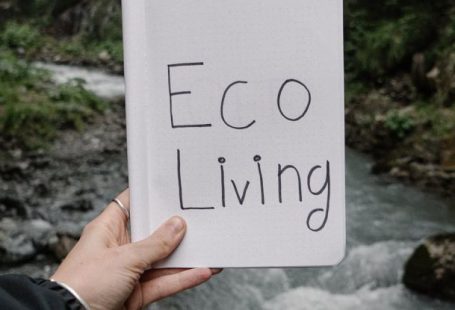Mindful Consumption: Shaping Social Dynamics
In a world where consumerism reigns supreme, the concept of mindful consumption has emerged as a powerful antidote. At its core, mindful consumption involves being intentional and aware of the choices we make as consumers. It goes beyond simply purchasing products; it encompasses a holistic approach to how we interact with the goods and services around us. The social implications of embracing mindful consumption are far-reaching, impacting not only our individual well-being but also the collective dynamics of society.
The Rise of Conscious Consumerism
The rise of conscious consumerism in recent years has been driven by a growing awareness of the environmental and ethical consequences of unchecked consumption. People are increasingly questioning the impact of their buying habits on the planet and on the lives of those involved in the production process. This shift in mindset has given rise to a new wave of consumers who prioritize sustainability, social responsibility, and ethical practices in their purchasing decisions.
By choosing to support brands and businesses that align with their values, mindful consumers are sending a powerful message to the market. They are demanding transparency, accountability, and sustainability from the companies they engage with. This shift in consumer behavior is forcing businesses to reevaluate their practices and make positive changes to meet the evolving expectations of their customers.
Fostering Connection and Community
One of the most significant social implications of mindful consumption is its ability to foster connection and community. When we approach consumption with mindfulness, we become more attuned to the stories behind the products we buy and the people who create them. This awareness creates a sense of connection between consumers and producers, bridging the gap that often exists in traditional consumer relationships.
By supporting small businesses, artisans, and local producers, mindful consumers are not only contributing to the growth of these communities but also preserving cultural heritage and promoting diversity. This sense of connection extends beyond the transactional nature of buying and selling, creating a more meaningful and human-centered approach to commerce.
Challenging the Status Quo
Embracing mindful consumption also has the power to challenge the status quo and disrupt conventional norms around consumerism. By questioning the relentless pursuit of more and the idea that happiness can be bought, mindful consumers are pushing back against the prevailing culture of materialism. This shift in mindset encourages us to reevaluate our priorities and redefine what truly brings us fulfillment and satisfaction.
As more people embrace mindful consumption, the pressure to keep up with unsustainable lifestyles driven by excessive consumption begins to dissipate. Instead of measuring success by the abundance of possessions, we start to prioritize experiences, relationships, and personal growth. This shift in values has the potential to create a more equitable and sustainable society where well-being is not defined by material wealth but by a sense of purpose and connection.
Embracing a New Way Forward
In a world that often equates progress with economic growth and consumption, embracing mindful consumption offers a refreshing alternative. By being intentional and aware of our choices as consumers, we have the power to shape a more sustainable, equitable, and connected society. The social implications of this shift extend far beyond individual actions, influencing the way we interact with one another, with businesses, and with the planet as a whole. Mindful consumption is not just a personal choice; it is a transformative force that has the potential to reshape our collective future for the better.





